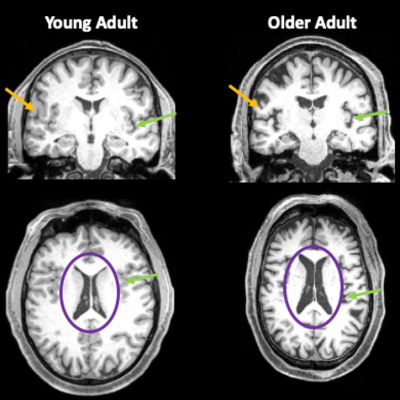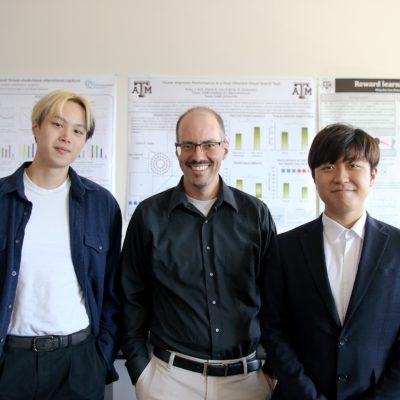-
 August 4, 2022
August 4, 2022Physical Exercise As A Mood Booster
Feeling down? Move your body! Sports psychology professor explains why exercise improves mood and offers advice on how to make exercising work for you.
-
 July 15, 2022
July 15, 2022Searching For Meaning? Try Appreciating The Small Things
Noticing the beauty in everyday moments can help you find more meaning in life, a Texas A&M researcher says.
-
 June 27, 2022
June 27, 2022How To Deal With Road Rage
Road rage fatalities are at unprecedented levels. Clinical psychologist and professor, Sherecce Fields, talks through the psychological processes of impulsivity and what we can do to mitigate our aggression while driving.
-
 June 14, 2022
June 14, 2022Talking About Tragedy
In the wake of another school shooting, a Texas A&M expert says it’s important for parents to be honest and supportive as they help their children process the disturbing news.
-
 April 14, 2022
April 14, 2022Consequences of Law
A professor in the Department of Psychological and Brain Sciences, explains the consequences of the state’s child welfare agency opening child abuse investigations into parents who provide gender-affirming care to their children.
-
 March 10, 2022
March 10, 2022Work-Life Balance And Gender Roles
A recent study shows that gender roles may not have equalized as much as we think.
-
 March 7, 2022
March 7, 2022Even Mild Cases Of COVID-19 Can Leave A Mark On The Brain, Such As Reductions In Gray Matter
A Texas A&M neuroscientist explains the emerging research.
-
 February 15, 2022
February 15, 2022Groundbreaking Discoveries
Brian Anderson is changing our understanding of attention in the hopes of creating a brighter future.
-
 January 24, 2022
January 24, 2022New CDC Guidelines Cause Confusion
Professors from the College of Liberal Arts address how the release of the CDC’s new guidelines could have been executed better and why these guidelines are so important.
-
 December 20, 2021
December 20, 2021How To Cope With Holiday Stress
The holiday season is upon us and everyone is feeling the strain. An assistant professor in the Department of Psychological & Brain Sciences provides tips to combat holiday stress.
